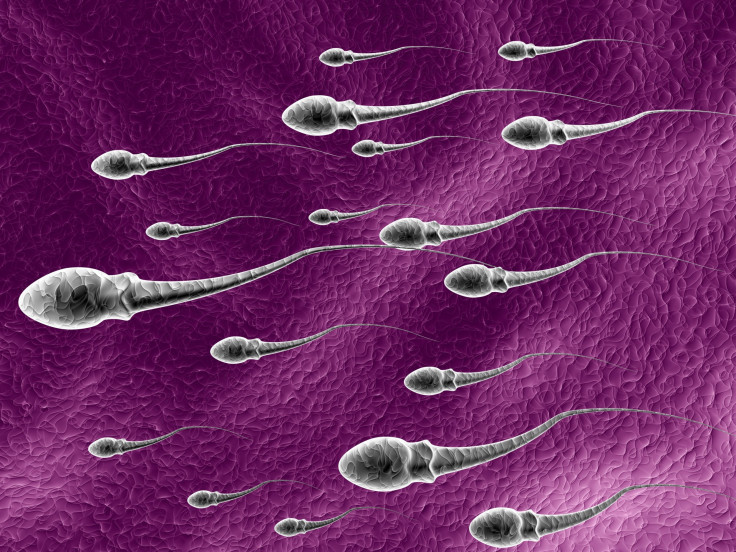Stem Cell-Based Sperm Successfully Created From Skin Of Infertile Men: A Scientific First

In a revolutionary experiment, scientists were able to create sperm in a laboratory using the skin of infertile men.
Researchers extracted pluripotent stem cells from the men’s skin to create sperm precursors. These were later successfully implanted into the testes of mice. This discovery could help infertile couples everywhere, both by shedding light on the genetic causes of male infertility and by perhaps one day helping those who are unable to produce sperm.
In the study, skin samples from three men were genetically manipulated to assume the properties of stem cells. After the samples were placed in mice testes, they began to create early stage sperm cells. Although the “sperm precursors” were not advanced enough to be used for conception, according to The Telegraph, scientists are hopeful for future developments of this method. “Our results are the first to offer an experimental model to study sperm development. It might even be possible to transplant stem-cell-derived germ cells directly into the testes of men with problems producing sperm,” lead researcher Dr. Renee Reijo Pera explained in a press release.
Infertility affects 10 percent to 15 percent of couples. Although it is influenced by a number of factors, before this study scientists did not know much about what happened on a molecular level to cause the condition. In a 2012 study, scientists at the University of Pittsburgh were able to generate sperm from skin tissues of fertile men using the same process, but this is the first time the technique has proved successful using samples from infertile men.
From this study, researchers were able to gain a better understanding of the genetic developments that will later cause problems in sperm production. Prior research has shown that deletions of Y chromosomes are associated with low or no sperm production. According to the press release, the findings suggest that the defect which causes problems in sperm production is developed quite late in the differentiation of sperm cells. Researchers believe that this new knowledge could greatly help advance research into infertility treatments.
Researchers warn that even though they are getting closer to treating low sperm count, they cannot yet fix the gene which causes it. Dr. Allan Pacey, a senior lecturer in reproduction and development medicine at the University of Sheffield, explained to The Telegraph that sons born via this process would also inherit the increased risk of infertility.
Still, the possibilities from this discovery are “exciting,” Pacey said. The technique could be used to develop new strategies in the diagnosis and assistance of men who are genetically infertile, or even men who have lost sperm production due to intensive cancer treatments.
Source: Ramathal C, Durruthy-Durruthy J, Sukhwani M, et al. Fate of iPSCs Derived from Azoopermic and Fertile Men Xenotransplantation to Murine Seminferous Tubules. Cell Reports. 2014.



























